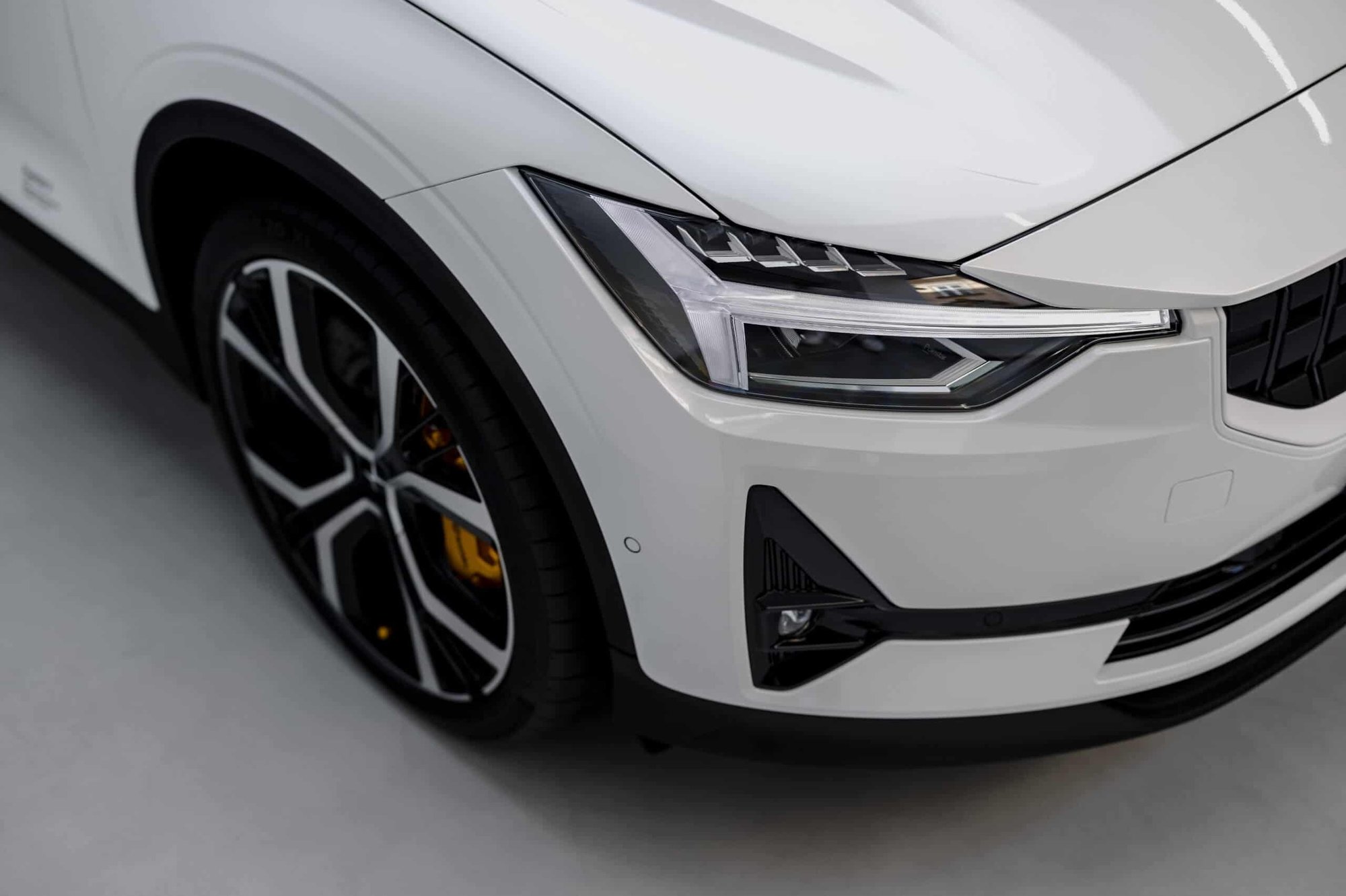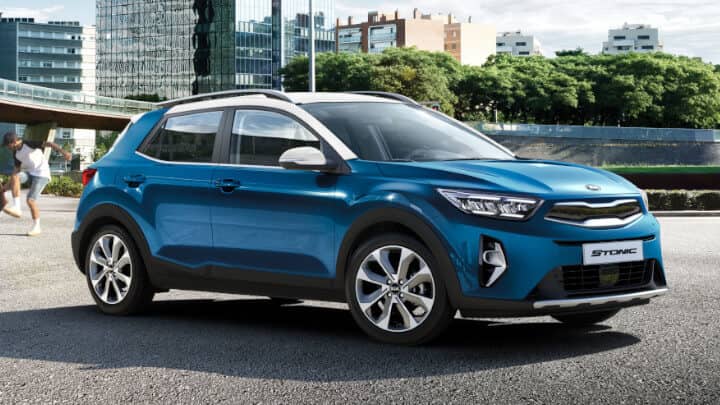Everyone's talking about BYD lately, but are they actually any good or just another...

Rental vs Subscription
Do you ever think to yourself “If only I could use a different car for a couple of months, life would be so much easier”? You might be planning a road-trip in the UK, need a bigger car for the family staycation or maybe you’re waiting for a brand-new car to be delivered. Well now you have some affordable and convenient solutions to choose from, the two best options being Long-Term Vehicle Rental or Vehicle Subscription.
But what are they and what’s the difference between them? We're going to break it down for you right here.
Long Term Rental
This is simply a vehicle rental but for a longer period of time. The big vehicle rental companies, like SIXT, Enterprise or Avis, will now let you rent a car or van for up to 90 days. The process for ordering is the same as a short-term rental. You choose your preferred vehicle class from their website, provide your details, reserve the car with a credit or debit card and then collect it from the most convenient location (usually an airport or city branch). And you’ll either pay online upfront or when you collect the vehicle, using a credit or debit card.
Requirements:
You’ll need a valid driving licence, a valid form of ID (like a passport) and a credit or debit card. You must be 25 years or older, although some companies will let you rent if you’re over 23 at an extra cost.
That’s long-term rental explained but how about vehicle subscription?
Vehicle subscription
Subscription is a relatively new concept which is growing in popularity due to its flexibility and often, all-inclusive offering. And it’s ideal for this short-term car scenario.
Just like rental, ordering a vehicle subscription is all done online. You browse through the subscription vehicles in stock, pick the car you like, decide how long you want it for and your monthly mileage, provide your details and place your order. The car will be delivered to your door and at the end of the term, they’ll collect it too.
The best part is, you can choose the exact vehicle you want, rather than being placed in one by the rental company based on availability at the time.
It’s also a great way to try out that car you’ve had your eye on without committing to ownership of lengthy contracts - you can treat yourself for a short period of time to see if it’s up to the job!
Requirements:
For vehicle subscription, again you’ll need to be over 25 years old and hold a valid driving licence. You must pass a credit check before receiving the vehicle.
Let’s look at the pros and cons for each, within the context of borrowing a vehicle for 1-3 months;
Long-Term Rental
Pros:
- No credit check required when ordering your rental.
- Wide range of well-known, established car rental companies.
- You can choose the rental period to the exact date.
- No deposit required.
- “One Way” rentals and collection/drop off at the airport (great if you’re travelling).
- Swap your car if you don’t like it.
- Most companies offer free monthly car valet.
Cons:
- 90 days is the maximum you can rent for.
- You can’t pick the exact car, instead you choose a vehicle category.
- Limited availability for long-term rentals.
- Hire cars are notoriously mistreated by customers, so you might get a “broken-in” vehicle.
- Home delivery is not an option.
Vehicle Subscription
Pros:
- Subscription usually works out cheaper and you get a higher quality car
- You choose exactly the make, model and trim of car you want.
- Brand-spanking new cars are available on subscription (or nearly-new cars if you want to make some savings).
- Longer than 90-day subscriptions are available - and you have the option to extend your contract for the same vehicle if your plans change.
- Get your car delivered to the location and on the date that suits you.
Cons:
- You’ll need to pass a credit check when applying for a subscription vehicle.
- Even though it’s refundable, you do need to put a small deposit down.
- The insurance may not always be included in the monthly price, so you'll need to organise insurance separately.
Naturally there’s benefits and drawbacks for each. Long-term rental is a little more flexible and less strict with their credit checks than vehicle subscription. But with a subscription, you can shop for the exact car you want and get it delivered to your door.
Research suggests that it can be slightly more difficult to get a long-term rental. This is a relatively new business model for the rental companies, so getting a car for longer than a few weeks can be quite limited. Wagonex on the other hand specialise in short-term vehicle contracts, so they have lots of vehicles in stock and are really transparent with their availability.
Conclusion
Even though long-term rental has some attractive perks, vehicle subscription stands out as offering enhanced flexibility, better products and a better service.
With vehicle subscription you can pick the exact car you want, knowing it hasn’t been thrashed around by tourists or used as a courtesy car, and you’ll get it delivered to your door.
Some of our suppliers on Wagonex.com also accept overseas customers if the information is provided for proof of funds and a UK contact address for the term of the subscription.
If you’re interested in a short-term subscription, take a look through our range of vehicles here.

10 Signs You Need a New Car | A Wagonex Guide







